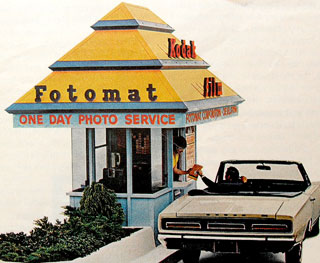I think Krystal D’Costa of Scientific American has way too sanguine a view of what technology’s creative destruction will mean for Labor, especially in the next few decades, but she’s right that the definition of work is in flux and will only transition more as we move further from the 20th century. An excerpt:
“The jobs we hold now will not be the jobs we hold tomorrow. And with that will come a shift—as it has come before—of what ‘work’ is. This is already starting to happen. For example, one of the predictions holds that we’ll experience more leisure time. This is already possible thanks to technologies that allow us to conduct business remotely, however for it to be successful, we’re the ones who have to be ready to let go. Employers who never thought telecommuting would have a place in their workforce are now embracing it because it may save them in overhead in the long term. But the truth is that they can no longer hold to that old standard of what a worker is and does. Today’s workforce often negotiates some degree of flexibility, and all but the lowest-paying jobs tend to reap those benefits.
We’re still holding onto the industrial concept of a ‘job’: We go somewhere and perform a task in exchange for funds. We’re engaged in the commoditization of time and labor. Make no mistake, we’re likely still going to need to buy essentials, but we may be getting those funds from different places. Work may not mean a 40-hour week. Work may not mean assembly line production. And work may not mean up at the crack of dawn to attend to the livestock. The work tied to these types of trades is already changing, but we don’t have to be run over by the promise of technology. Could the spread of AI and robotics invite the return of artisanal crafts and barter-based trade? Nowhere is this clearer than in the DIY movement, which thrives on collaboration and leverages open-source technology to power small production endeavors.”
Tags: Krystal D'Costa

